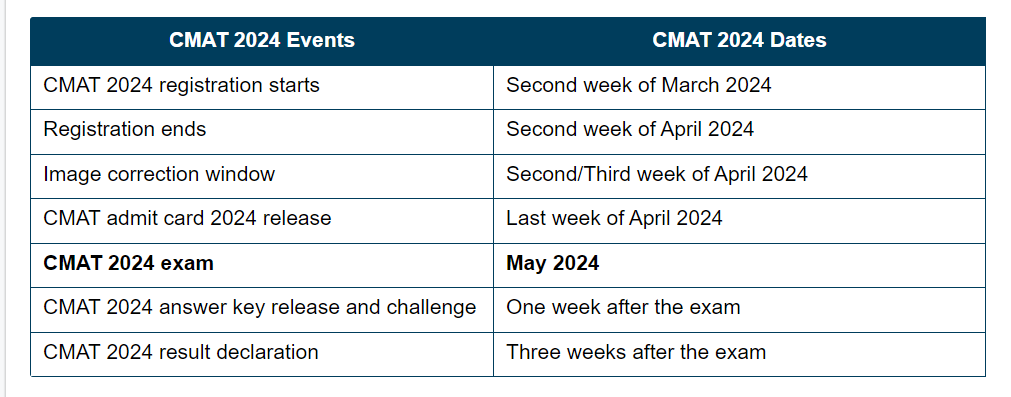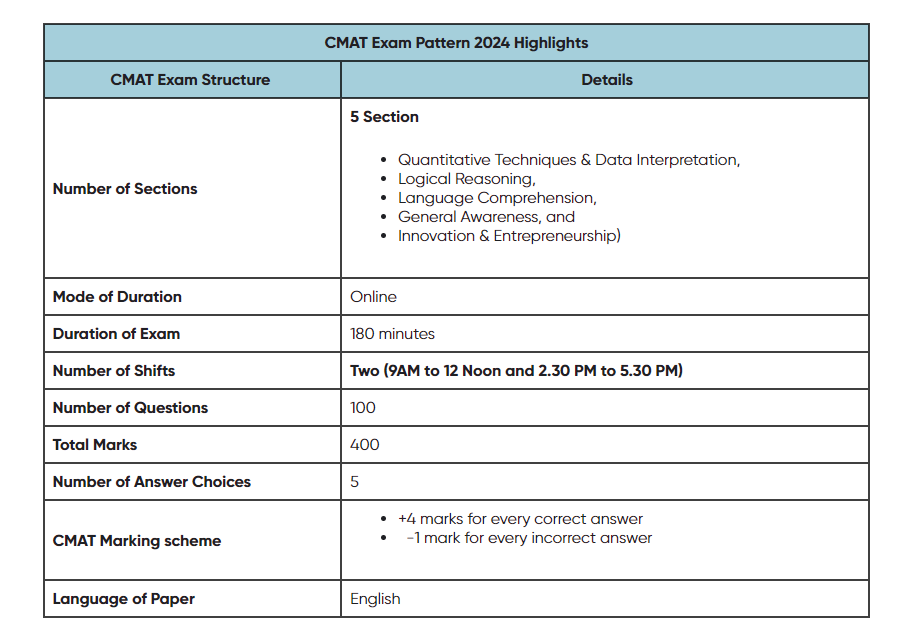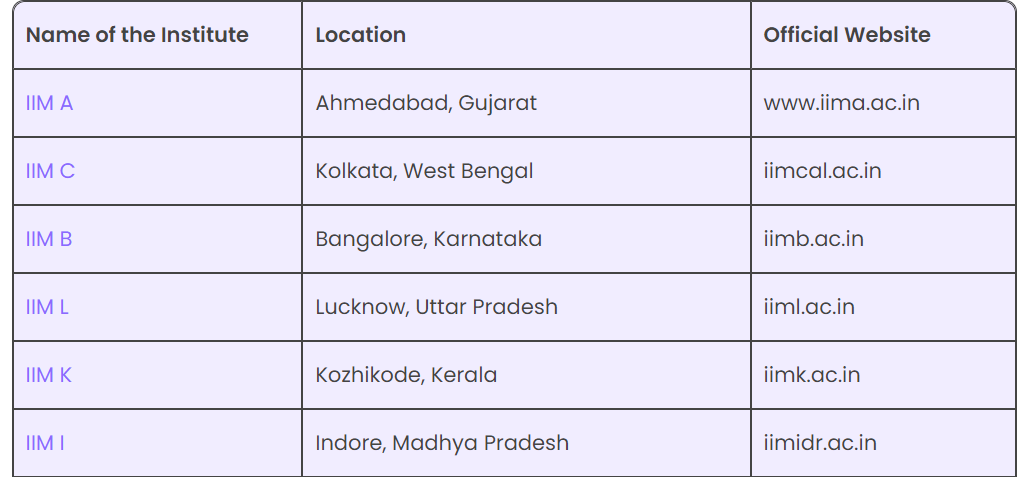MBA myths and facts
In the world of business education, myths and misconceptions often abound, shaping perceptions and influencing decisions. For aspiring MBA candidates, separating fact from fiction is crucial for making informed choices about their academic and professional journey. In this comprehensive guide, we debunk common myths surrounding MBA programs, shedding light on the realities of business education and empowering individuals to navigate their path with clarity and confidence.
Myth #1: An MBA is Only for Finance Professionals
Fact: While an MBA certainly provides a strong foundation in finance and quantitative skills, its scope extends far beyond the realm of finance. MBA programs offer a diverse curriculum encompassing areas such as marketing, operations, strategy, entrepreneurship, and leadership development. Whether your career aspirations lie in consulting, technology, healthcare, or any other industry, an MBA equips you with versatile skills and knowledge applicable across various sectors.
Myth #2: You Need a Business Background to Succeed in an MBA Program
Fact: Contrary to popular belief, many successful MBA candidates come from non-business backgrounds. MBA programs value diversity of experience and perspectives, welcoming students with diverse academic and professional backgrounds, including engineering, liberal arts, science, and more. Business schools offer foundational courses to help students bridge any knowledge gaps, ensuring that all students have the tools they need to thrive in the program and beyond.
Myth #3: MBA Programs Only Accept Candidates with High GMAT Scores
Fact: While standardized test scores like the GMAT or GRE are important components of the MBA application process, they are not the sole determining factor. Admissions committees consider a holistic view of each candidate, taking into account factors such as work experience, academic achievements, leadership potential, and personal qualities. A compelling application showcasing your unique strengths, accomplishments, and aspirations can outweigh a less-than-perfect test score.
Myth #4: Pursuing an MBA Means Putting Your Career on Hold
Fact: Many MBA programs offer flexible formats tailored to the needs of working professionals, including part-time, evening, weekend, and online options. These programs allow students to continue working while pursuing their degree, enabling them to apply their learning in real-time to their current roles and industries. Additionally, executive MBA (EMBA) programs cater to mid-career professionals seeking to advance their careers without interrupting their employment.
Myth #5: MBA Graduates Only Work in Corporate Settings
Fact: While many MBA graduates pursue careers in corporate settings, the degree opens doors to a wide range of opportunities beyond the corporate world. MBA alumni can be found in startups, nonprofit organizations, government agencies, consulting firms, and entrepreneurial ventures. The skills and knowledge acquired during an MBA program, such as strategic thinking, problem-solving, and leadership, are highly transferable across various sectors and industries.
Conclusion:
Aspiring MBA candidates should approach their decision with clarity and confidence, armed with an understanding of the realities of business education. By debunking common myths surrounding MBA programs, individuals can make informed choices that align with their goals, aspirations, and unique circumstances. Remember, the journey to an MBA is as diverse as the students who pursue it, and success comes not from conforming to stereotypes but from embracing the opportunities and challenges that lie ahead.










